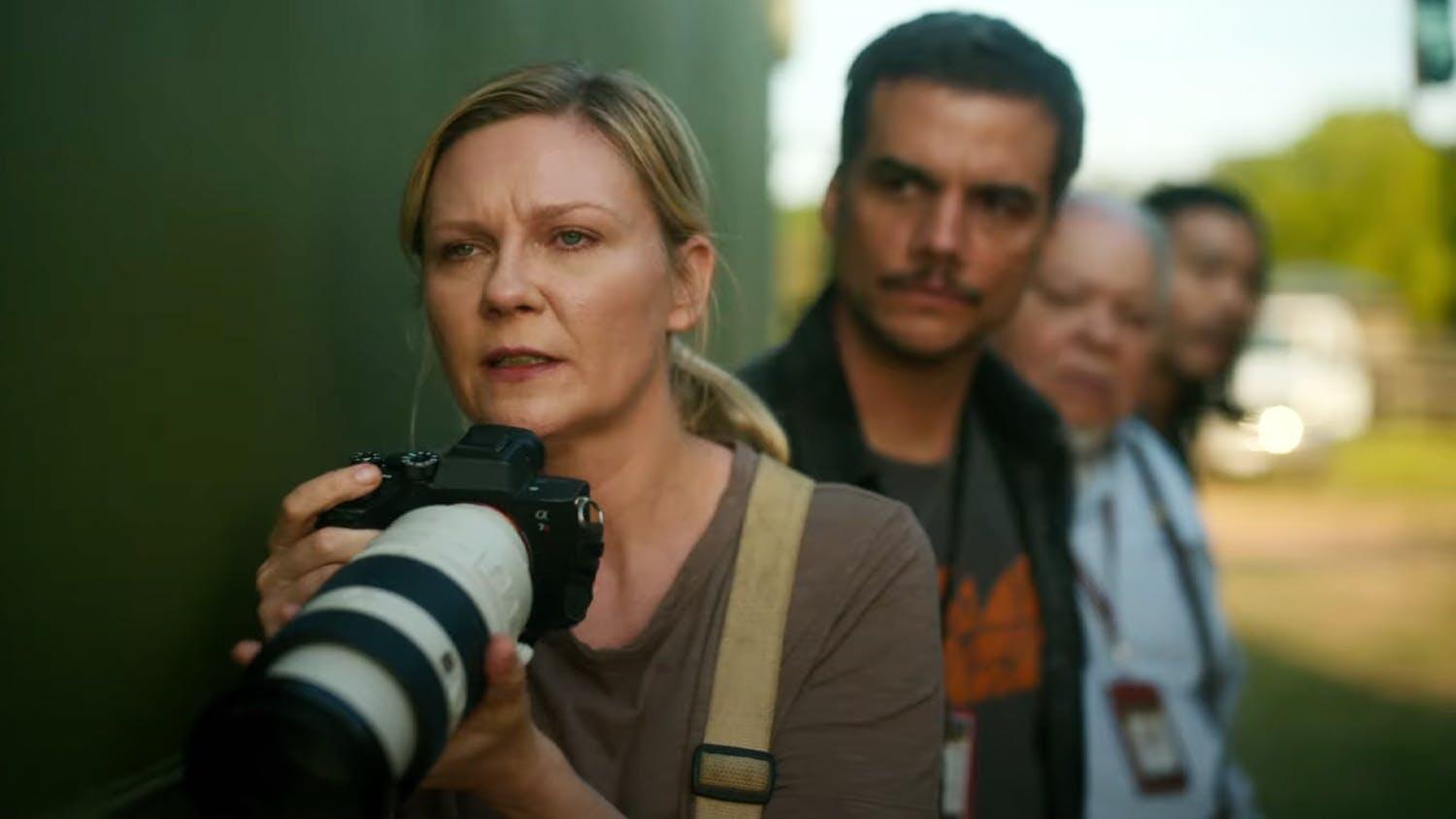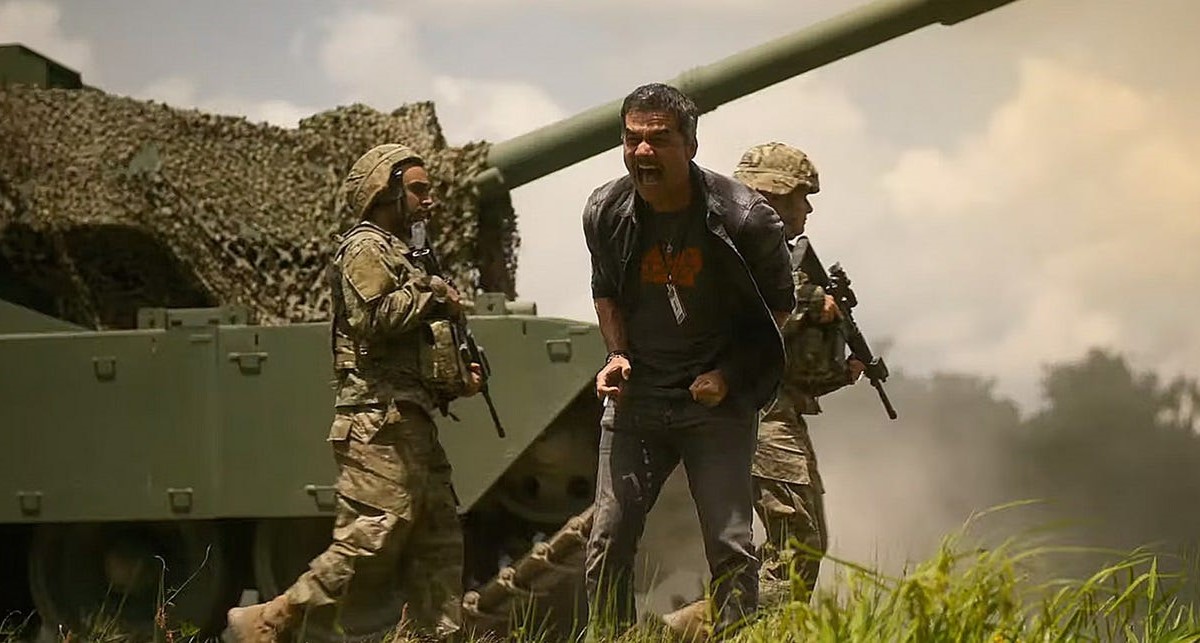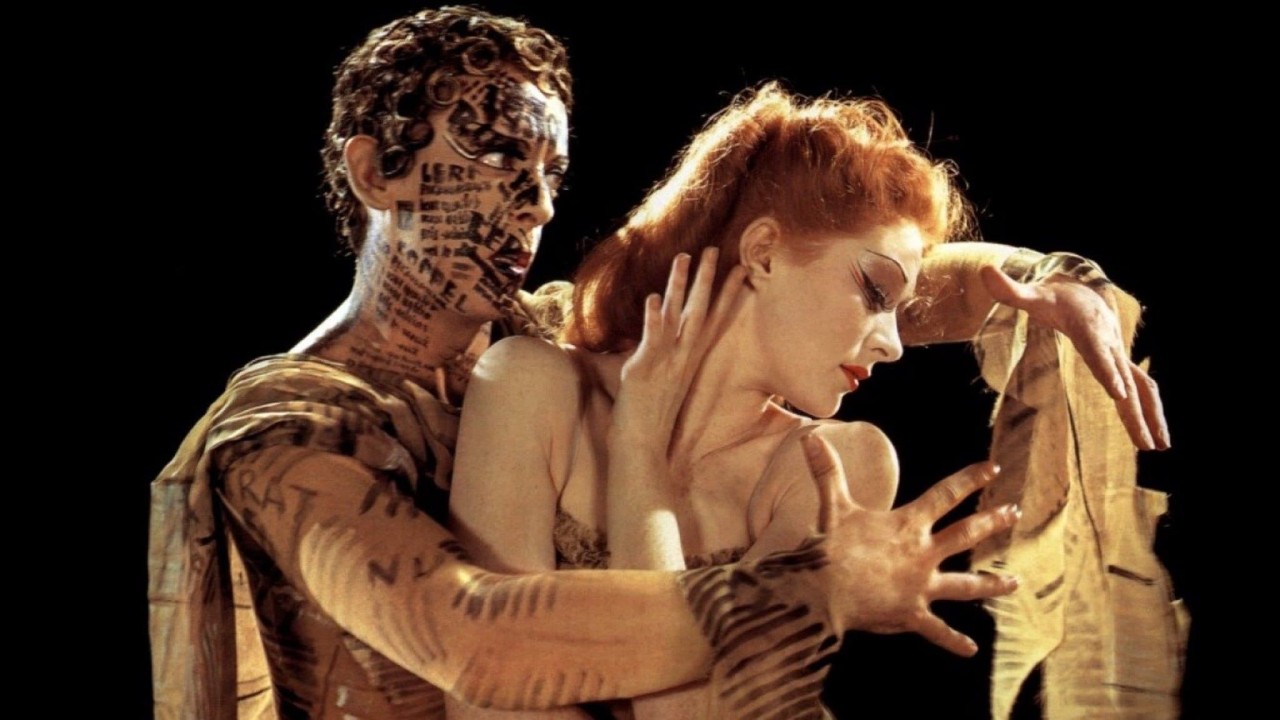Some years ago when the movie industry was all there was and television was still some mad doctor’s as yet uncommercialized evil scheme, Motion Picture Herald, the film trade journal, used to carry a full-page feature in which exhibitors would report their experiences with individual films. The page was called “What The Picture Did For Me,” and it was often referred to as “What The Picture Did To Me.” It was informative, hilarious reading, full of outrage, sarcasm and small-town candor, and it was there, in the mid-thirties, I think, that one irate exhibitor commented on some highly regarded Hollywood bowdlerization of a classic novel: “Please don’t send me any more pictures where the hero writes with a feather.”
For the next 20 to 25 years Hollywood pretty much laid off the public-domain classics as material for costume pictures unless they also contained lion-eaten Christians, pirates, earthquakes, volcanos, shipwrecks or some other forms of gaudy come-on. There were occasional, very respectable exceptions – I think especially of the film version of Pride and Prejudice in 1940 – but until Tony Richardson’s uproarious screen version of Tom Jones in 1963, serious movies in which heroes wrote with feathers were extremely rare. They still are unless they’re also funny and harmlessly dirty.
All of which is by way of expressing my admiration for what Stanley Kubrick has been able to achieve in his newest film, Barry Lyndon, a leisurely, serious, witty, inordinately beautiful, premium-length screen adaptation of William Makepeace Thackeray’s first novel, The Memoirs of Barry Lyndon, Esq., published in 1844 and set in the second half of the 18th century. Those are feathers that Barry Lyndon (Ryan O’Neal) – Irish adventurer, army deserter, gambler, fortune hunter, society’s victim and most unrepentant sinner – signs his checks with.
One must be as staggered by the fact that Kubrick ever got this film financed (to the tune of a reported $11-million), and into the theaters in this comparatively rigorous form, as by the film itself, which has almost the breadth and maybe even more depth than the novel on which it is based. In this time of disaster films, Mafia melodramas and other cinematic short-cuts to visceral sensation, Barry Lyndon is unique, a long, chatty (in effect though not in fact), picaresque narrative that moves from Ireland to Germany and to England, paying scrupulous attention to historical and social detail as well as to minor characters, constructing a world of the past in as much vivid detail as Kubrick lavished on the future in 2001 and A Clockwork Orange.
I would suspect that it was because of the box-office successes of those last two films that Kubrick had the clout with which to get Barry Lyndon made with such elegance, and in a length (three hours, four minutes, 44 seconds) absolutely necessary to the subject. I also suspect that the front-office people at Warner Brothers, which financed the film, might have had palpitations when they got their first look at what Kubrick had done, since Barry Lyndon is anything but a “Tom Jones” picture, as was anticipated by a member of the audience with which I saw the film.
It is sometimes very funny, and it has its moments of action, adventure and romance, but it is, more than anything else, a comedy of 18th-century manners, which may not be exactly what movie patrons – who were virtually kneed to attention by A Clockwork Orange and hypnotized by the cool perfection of 2001 – are expecting.
When you go see it, be prepared to forget your later commitments. Relax. Pick up the film’s rhythm, which stimulates the discursive style of the 19th-century novel and finds, in its repeated use of the zoom lens, a visual equivalent of the kind of chapter headings with which Thackeray punctuated his novel (“Barry Bids Adieu to The Military Profession”). Time after time Kubrick starts a sequence in a tight close-up, then slowly zooms back to reveal a landscape that may be breathtakingly beautiful in itself but also contains hints of vital narrative disclosures to come.
The discursive style is further emphasized by the film’s use of an off-screen narrator (the book is told in the first-person by Barry), an omniscient, friendly old voice (Michael Hordern) who often tells us about events before we see them, rather like someone relating a story over dinner, knowing that we aren’t as interested in what happened as in the how and the why. The device has the effect of distancing us from the characters, turning them into curious specimens from another time zone, which, of course, they are. But it also has the effect of making suddenly, surprisingly moving, the events contributing to Barry’s ultimate downfall, principally, I think, because until the last third of the film one can’t be quite sure what Kubrick has been up to.
The film opens gracefully, gently, almost somnolently, as the narrator introduces us to the rundown circumstances into which Barry Lyndon, soon to be one of the most famous rakes in all Europe, was born in rural Ireland. We see the marvelous countrysides, photographed as they might have been seen by a Gainsborough or a Watteau, the colors romantically softened but the details peculiarly, sometimes antagonistically precise. Barry, in the person of Ryan O’Neal, is a handsome, totally blank page on which a character comes to be written, at first naive, smitten hopelessly with an older, comparatively well-placed female cousin, then thrown out into the world to make his fortune after killing his cousin’s wealthy English suitor in a duel.
The film carefully picks up momentum as it follows Barry’s adventures, first in the English army during the Seven Years War, then in the Prussian army when he’s picked up after deserting the English. At the same time Barry himself firms up into a likeable opportunist, none-too-bright, really the kind whose early successes must inevitably lead to a kind of gallant over-reaching. The Kubrick pay-off comes with Barry’s successful courtship of and marriage to a rich, highborn English widow (Marisa Berenson), an adventure that brings out the worst in the ambitious Barry Lyndon and, finally, some sense of the vulnerability of the boy of low station who aspired to mix with the nobs.
Barry Lyndon is not a warm film – Kubrick’s never are – but it is so glorious to look at, so intelligent in its conception and execution, that one comes to respond to it on Kubrick’s terms, which severely avoid obvious laughs and sentiment with the exception of two or three scenes. The scale of the film is immense, even without its stunning battle sequences, and the casting is impeccable, especially in the supporting roles – Murray Melvin as the personal chaplain to Barry’s “vaporous” wife, Leon Vitali as Barry’s furious stepson, Diane Koerner as a German farmwife with whom Barry spends a short, idyllic time out of war.
Miss Berenson is not quite the foolish society frump that Thackeray created but her high fashion beauty is a good substitute. O’Neal has the most difficult time of it, being on the screen almost continuously, and one pays unnecessary attention at first to a slight brogue that seems to come and go. Yet eventually the apparent, cheerful blankness of an American movie star becomes a part of the texture of the character who uses people right up to the moment they have no further use for him. It’s much more of an accomplished performance than he’s likely to receive credit for.
Barry Lyndon is unlike any other period – or feather – film I can remember seeing, though it has close associations to both A Clockwork Orange and 2001. The emotions it evokes are not necessarily those evoked by identification with characters but by the final logical structure that governs the completed work. In the context of the general run of today’s film-making, Kubrick has pulled off something that’s most original and financially rash.




